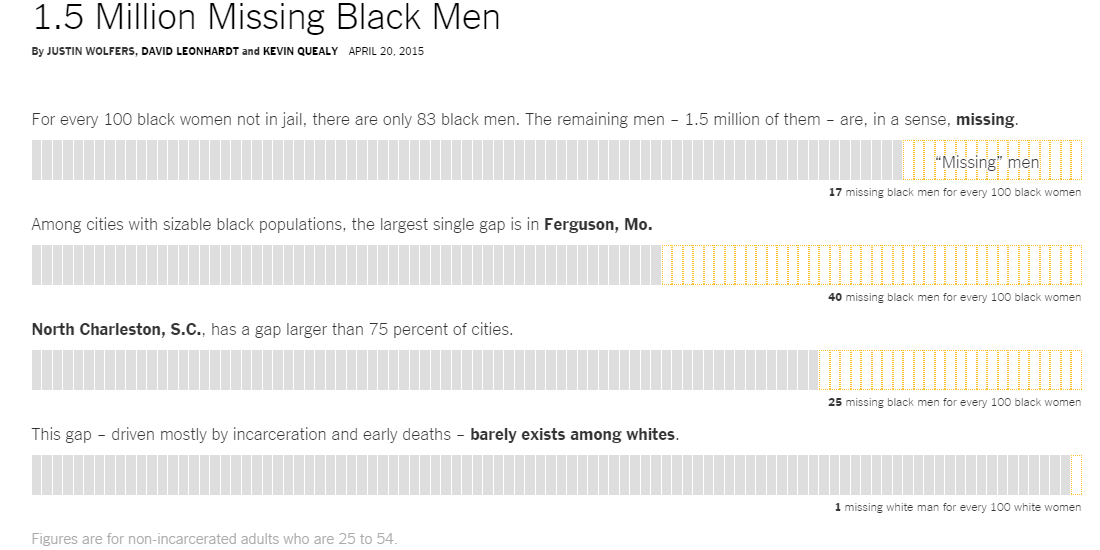ratchetmessreturns | Since the 1960s,
Black America has been plagued with a growing cultural epidemic,
beginning with the most poor and underexposed and then spreading beyond
the inner cities where they lived. Over the past half-century this
counterproductive culture of negativity has permeated both the
entertainment and sports industries, and now affects Americans of all
races and walks of life. Characterized by escapism and materialism, this
culture calls irresponsibility freedom, glorifies crime, violence, and
hypersexuality, defies all authority, and acts as a coping mechanism for
those who feel rejected by mainstream society and economy.
This culture is being “ghetto”.
Now
reaching far beyond housing projects, slums, and other depressed urban
areas, ghetto culture attracts ‘wannabes’ who wish to identify with the
either hardness and struggle or the criminal element of many people
living in poverty. Being truly “ghetto” is universal. Because
prostitution is one major aspect of the criminal economy of inner
cities, the relative degradation and abuse of women is a part of the
culture that members of every walk of life can participate in. The abuse
of drugs and alcohol as well as the preoccupation with flashy,
expensive clothes and cars is attractive and accessible to anyone who
has the money and time to spend seeking pleasure in these things. So,
you clearly don’t have to live in the ghetto to ‘be’ ghetto; thanks to
the entertainment industry, the gospel of the ghetto has been spread far
and wide, promising fleshy satisfaction to all who would exchange
civility for vulgarity and rebellion, and who will live for today
instead of planning for tomorrow.
Hopefully, my description of
ghetto culture depresses you, at least a bit. If not, you may indeed be
desensitized due to overexposure.
In case you are wondering, I
believe I understand ghetto culture because I was born and raised in the
hood (I will break down the difference between the two in another
article) and lived in the midst of various ghettos in Detroit, Michigan,
a city thoroughly infused with ghetto culture. My wife however was
raised in an upper class family and has never once been seen in any
shady area around town. I never fully immersed myself in it, but I have
been and still can get a little ghetto, even to this day.
Some of it
really is harmless fun.
Most of it, however, is not.
While I
don’t judge people I do judge things, and ghetto culture is one of
those things that inner city dwellers need to graduate from. It was
fostered by the rise of government social services and welfare programs
and nurtured by a warped, maternal family structure born out of war,
underemployment, and crime. When men ceased to be the head of families
in urban areas, ghetto culture spread like a disease. Now, America’s
metropolises are plagued with restless, ignorant, self-serving, deviants
and those who validate them by sharing in the customs and entertainment
of ghetto culture. No, you may not break into people’s homes and rob
them, but you sing along with the rapper who glorifies such actions. You
may live conservatively during the week but on the weekends you party
in the ghetto, with the ghetto, or like the ghetto, further validating
the negativity of ghetto culture. While you may not live in a poor area,
you like to flash your designer goods and expensive cars in areas where
ghetto people can admire you for owning them.
So, even though you aren’t in the ghetto, if the ghetto is in you, you are part of the problem.
We
have to graduate from ghetto. People living in ghettos often use ghetto
culture as a way of coping with a seemingly hopeless situation; if
there is no way out, I should just make the best of what I have.
However, when those who are not confined to the ghetto validate the
self-destructive culture of the ghetto, it only confirms that there is
no need to strive for anything else! People now work to get out of the
ghetto just so they can live “ghetto-fabulous”! What kind of sense does
that make? Leave the ghetto so I can live like a king in the ghetto,
except outside the ghetto, kinda? The idea should be to get out of the
ghetto so that we can live safe, productive, responsible lives that
ensure our children never have to live in a ghetto. How does spending
exorbitant amounts of money on clothes, intoxicants, vehicles, and
recreation build a future for you or your family? It may be fun for now,
but what happens when later comes?
Oh, that’s right; the
government is supposed to give you what you need then because you
couldn’t ‘afford’ to think ahead when you did have means and opportunity
to build.
That’s their job, right?
No, it’s ours; that is
why for every ghetto, there must be an anti-ghetto. The anti-ghetto is
simply the sphere in which any person or group from or in the ghetto
simply refuses to conform to the expectations and the culture of the
ghetto.
Someone who subscribes to anti-ghetto culture:
- Refuses to listen to music or support artists that glorify ghetto culture and ideals
- Refuses to degrade themselves in speech, dress, or demeanor as ghetto culture allows and encourages
- Refuses to be depend on government assistance as a way of life, especially when the benefits are not necessary for survival
- Refuses to glory in ignorance but values education in all forms, both formal and informal
- Makes empowerment not only a goal, but a lifestyle
- Respects themselves and others
- Obeys just laws and works to change unjust laws
- Honors their own bodies through proper nutrition, exercise, and moderation in delicacies and non-nutritional consumables
- Speaks with dignity and respect for self and the environment he or she is in
- Seeks to act as an agent of change and shine as a beacon of hope for others who wish to live above and beyond the ghetto
It’s time for the anti-ghetto element to rise in the inner cities and abroad.












